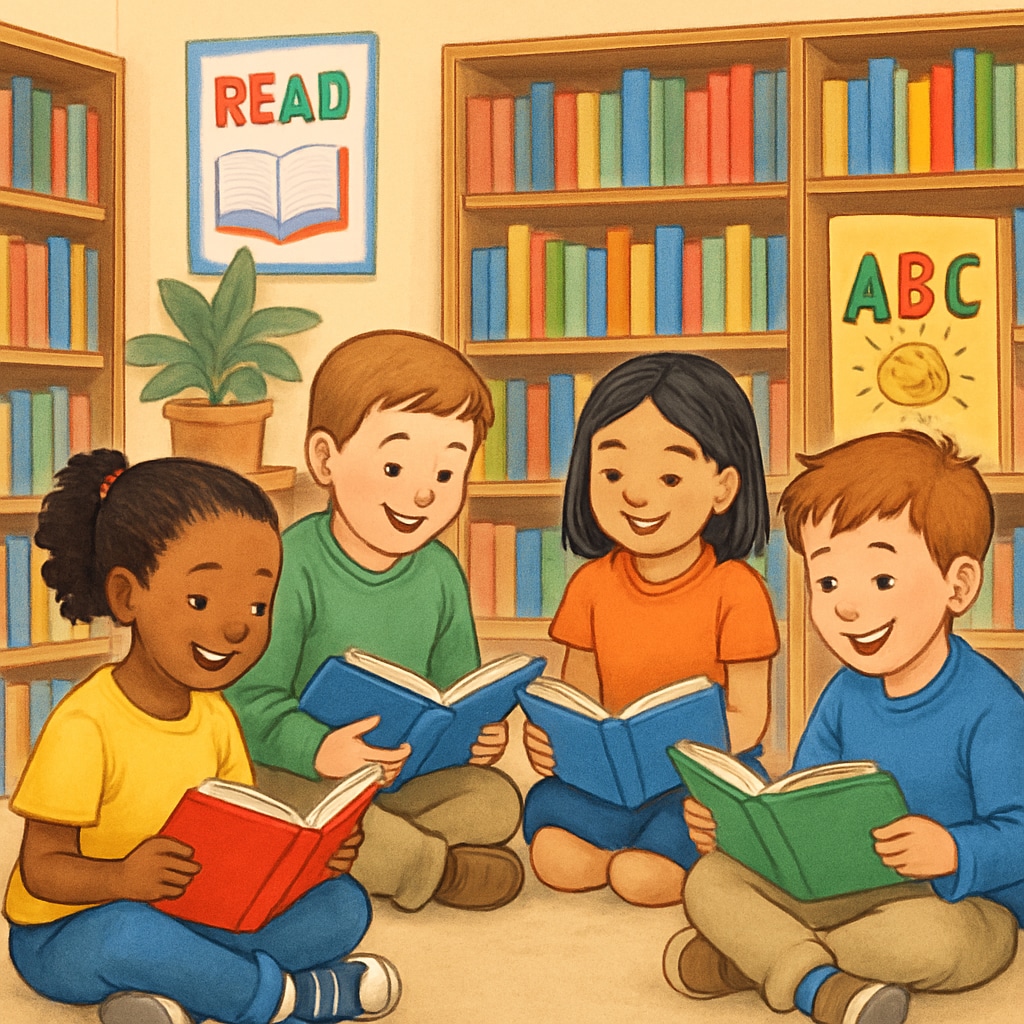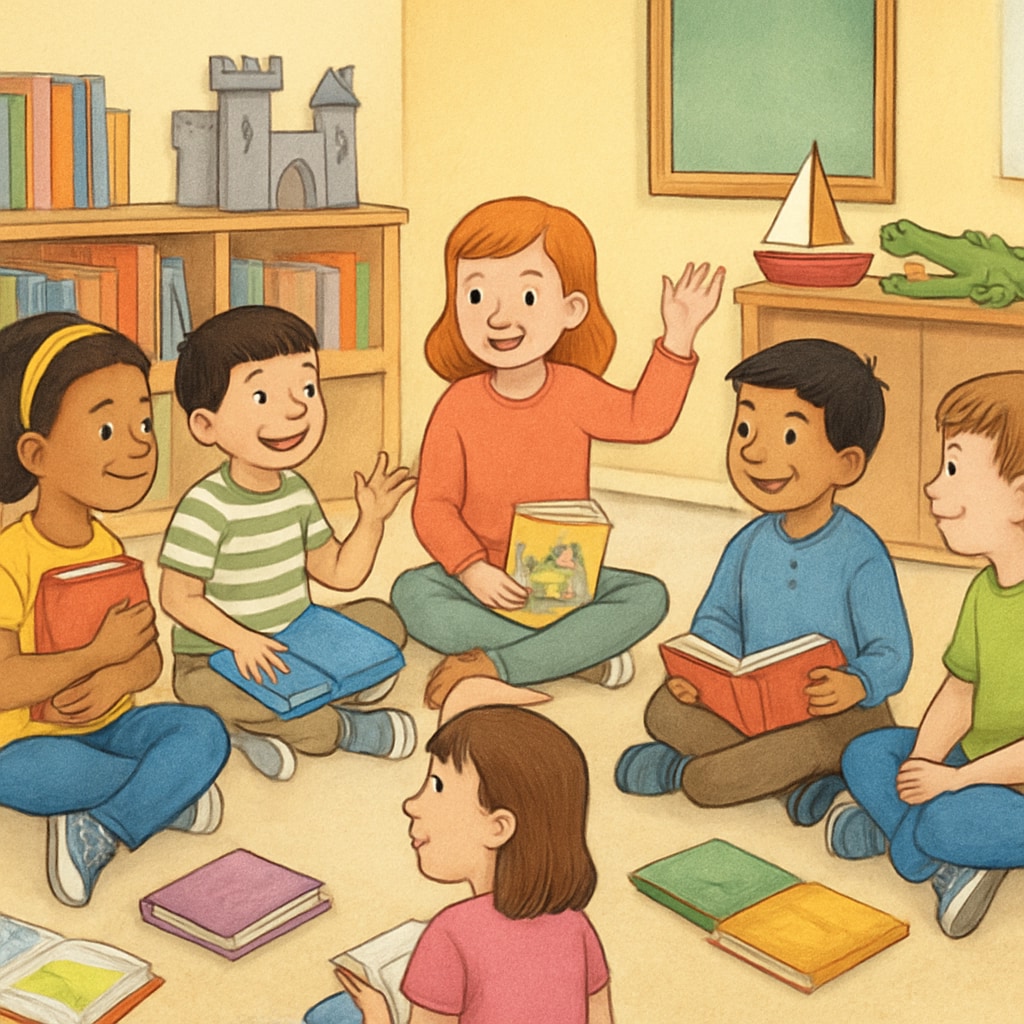Traditional reading comprehension tests, A.R. points (Accelerated Reader points), and other structured methods have long been used to assess students’ reading skills. However, for many elementary students, these approaches can sometimes feel rigid or uninspiring. It’s time to explore free and effective alternatives that can not only improve reading comprehension but also reignite their passion for reading.
Why Traditional Reading Tests Fall Short
While standardized tests and A.R. points aim to measure reading proficiency, they often focus on scores rather than the joy of reading. Students may perceive these assessments as tedious tasks, which can hinder their natural curiosity and enthusiasm for books. Furthermore, these methods rarely accommodate diverse learning styles, leaving some children struggling to engage.

Free and Fun Alternatives to Enhance Reading Skills
In order to help young learners become confident readers, educators and parents can leverage creative and free resources. Here are some innovative methods:
- Interactive Reading Apps: Apps like Epic! and Libby offer free access to thousands of books. Many apps also include features like audio narration and quizzes that enhance comprehension while keeping it fun.
- Book Clubs for Kids: Create a small book club with classmates or friends. Group discussions encourage critical thinking and make reading a social activity rather than an isolated task.
- Storytelling Activities: Encourage students to write or share their own stories. This process improves comprehension by teaching them to organize thoughts and understand narrative structures.
- Free Online Resources: Websites like ReadWorks and Storyline Online provide free reading materials tailored for various grade levels.

How to Rekindle the Love for Reading
To foster long-term reading interest, it’s essential to create a positive and engaging environment. Here are some tips:
- Personalized Book Choices: Allow students to choose books based on their interests. Whether they love adventure, fantasy, or science, giving them autonomy can make reading more exciting.
- Celebrate Progress: Instead of focusing on scores, celebrate milestones like finishing a new book or discovering a favorite author.
- Incorporate Multimedia: Pair books with corresponding movies or documentaries to deepen understanding and make the experience multi-dimensional.
By combining these methods, educators and parents can help students develop not only better comprehension skills but also a lifelong love of reading.
Final Thoughts on Free Reading Alternatives
Replacing traditional reading comprehension tests with creative, free alternatives can transform the way children approach reading. By focusing on engagement and enjoyment, these strategies can help young learners improve their skills naturally and enthusiastically. As a result, they will grow into confident readers who value books as sources of knowledge and imagination.
Let’s move beyond rigid assessments and inspire the next generation of avid readers with innovative solutions.


